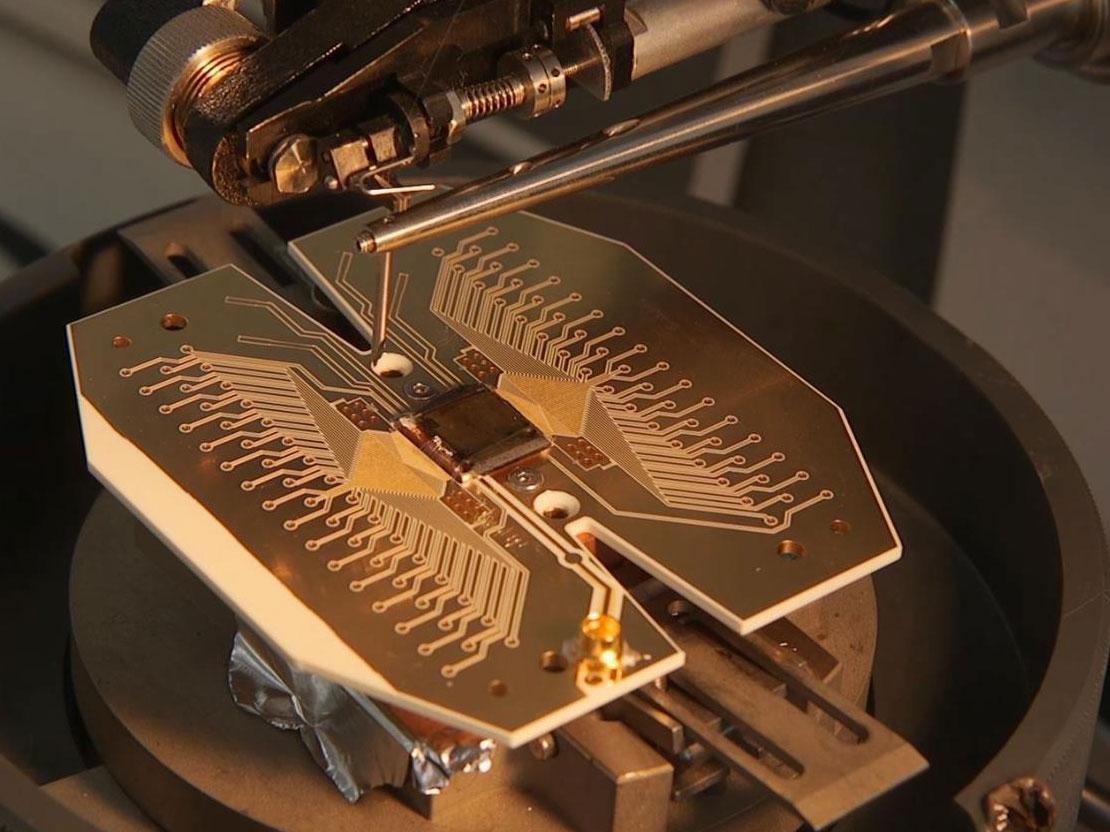Google 'achieves quantum supremacy', report claims
Quantum computer completed task in 200 seconds, which would take state-of-the-art supercomputer 10,000 years to perform

Google has achieved a major milestone in quantum computing by building a machine capable of performing a calculation that a traditional computer cannot, according to a leaked paper.
The paper, titled ‘Quantum Supremacy Using a Programmable Superconducting Processor’, was briefly published to Nasa’s website but was subsequently taken down.
It describes how its quantum processor can complete a task in 200 seconds, which would take a state-of-the-art supercomputer approximately 10,000 years to perform.
“This dramatic speedup relative to all known classical algorithms provides an experimental realisation of quantum supremacy on a computational task and heralds the advent of a much-anticipated computing paradigm,” the paper states.
"To our knowledge, this experiment marks the first computation that can only be performed on a quantum processor."
Quantum computers have the potential to be orders of magnitude more powerful than today’s most powerful supercomputers, however they are extremely costly and time-consuming to build.
Major technology firms like IBM, Intel and Microsoft have been investing huge amounts of resources in order to be at the forefront of this next computing revolution, which some believe could transform everything from security and communication, to health and metrology.
They work by replacing traditional bits – the ‘ones’ and zeros’ used to store and transfer digital data – with quantum bits, or qubits. These qubits make use of a quantum phenomena known as superposition, meaning they exist in two states at once.

The ability to act as both a ‘one’ and a ‘zero’ at the same time, quantum computing systems are theoretically able to be exponentially more powerful than classical computers with every qubit added.
This exponential rate was called into question earlier this year by computer scientists at Google’s quantum computing lab, who observed that their systems were gaining power at a “doubly exponential” rate.
Harmut Neven, director of Google’s Quantum Artificial Intelligence Lab, told Quanta magazine in June that their most advanced quantum processor was improving at a rate far beyond what they thought was theoretically possible.
Mr Neven said that such a rate of development was almost unfathomable, as there is nothing that grows that quickly in the natural world with which to draw a comparison.
“It looks like nothing is happening, nothing is happening, and then whoops, suddenly you’re in a different world,” he said.
The Independent has reached out to Google for comment on the leaked research paper.
Join our commenting forum
Join thought-provoking conversations, follow other Independent readers and see their replies
Comments